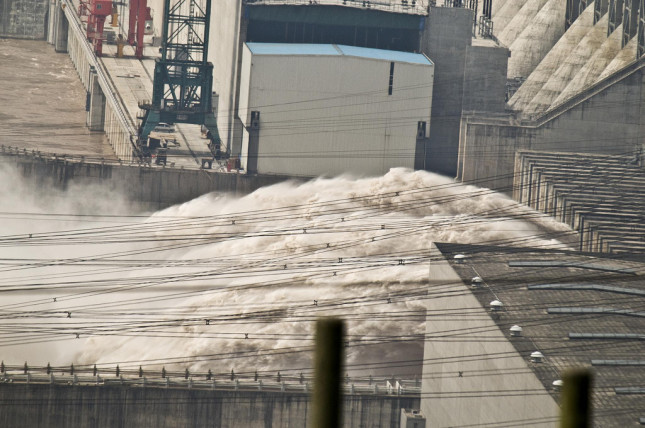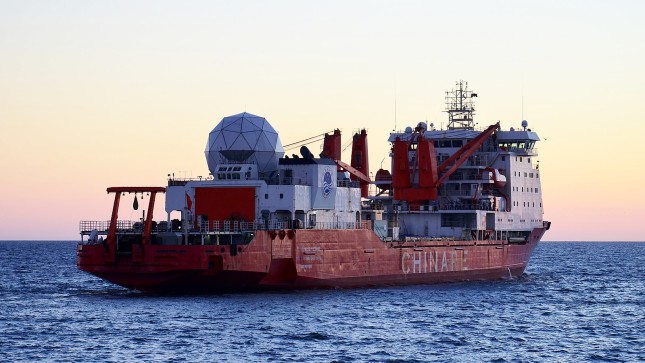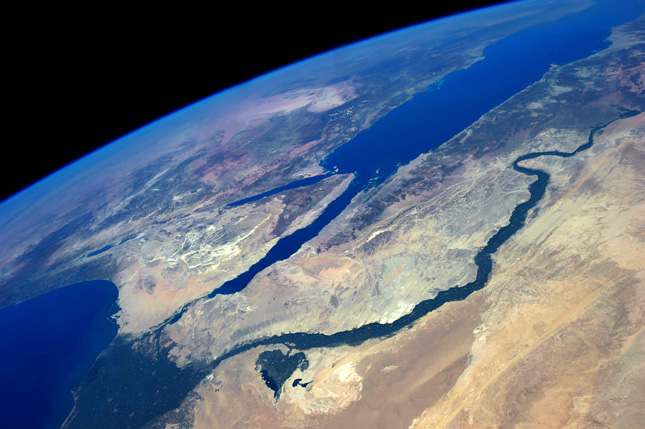-
The US Department of Defense’s Role in Integrating Climate Change into Security Planning
›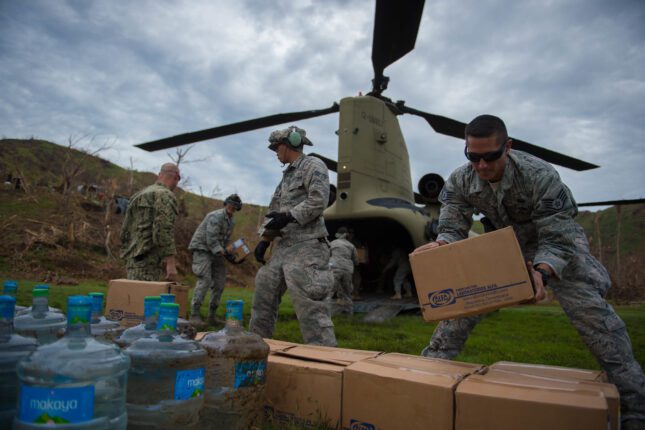
The recent floods and landslides in Brazil, displacing almost 100,000 and killing at least 100, reminds us that climate change-fueled extreme weather, combined with an intense El Niño, is a deadly combination. Governor Eduardo Leite of the southern Brazilian province, Rio Grande du Sol, described the devastation the region was subjected to as “unprecedented.” As President Luiz Inacio Lula da Silva noted: “We need to stop running behind disasters. We need to see in advance what calamities might happen and we need to work.”
-
Raising Climate Ambition Should Include Environmental Peacebuilding
›
In January, the Biden Administration released the Executive Order on Tackling the Climate Crisis at Home and Abroad. It is a sweeping document that integrates climate concerns into policy and governance, including into national security. It recognizes that environmental security, the integration of environmental considerations into national security strategy, policy, and programs, is essential to combat the global climate crisis and should be mainstreamed across U.S. government efforts. The idea is not a new one. One of the authors (Goodman) led early environmental security efforts in the U.S. Department of Defense (DoD) for 8 years of the Clinton Administration in the 1990s, during the first chapter of awareness of environmental considerations in defense and foreign policy.
-
Foresight for Action | Improving Predictive Capabilities for Security Risks Related to Extreme Weather Events
›
Evidence that extreme weather, water, and climate events pose critical security risks to the U.S. homeland, national security, and global stability has been mounting in recent years. From destabilizing droughts in Africa to devastating hurricanes and flooding in the United States, we are clearly seeing an increase in not only the frequency and severity of these events, but also their physical, social, and economic impacts.
-
Research in a Changing Arctic Must be Prioritized
›
The Arctic is changing, and it’s changing fast, even faster than models had predicted. The most recent Intergovernmental Panel on Climate Change (IPCC) report found with strong confidence that the Arctic is warming two to three times faster than the global average.
-
Book Review: “Making America Green and Safe” Explores History of Sustainable Development and Climate Change
› In his book, Making America Green and Safe: A History of Sustainable Development and Climate Change, Alan Hecht offers an insider’s account of the years that shaped sustainable development and climate change policy in the United States. The arc of Hecht’s career spans the evolution of the modern environmental movement. Serving for more than 40 years in the U.S. government, he devoted his career to environmental protection and sustainable development. The stories he tells reflect his belief that “history is a critical part of future planning.”
In his book, Making America Green and Safe: A History of Sustainable Development and Climate Change, Alan Hecht offers an insider’s account of the years that shaped sustainable development and climate change policy in the United States. The arc of Hecht’s career spans the evolution of the modern environmental movement. Serving for more than 40 years in the U.S. government, he devoted his career to environmental protection and sustainable development. The stories he tells reflect his belief that “history is a critical part of future planning.”
-
China Is Winning the Race for Water Security in Asia
›
Great power competition in Asia is not only about control of critical waterways in the South China Sea, but also about who controls Asia’s fresh water. The future of Asia’s water—upon which about four billion people depend—lies in China’s hands. Through its presence in Tibet, China controls the headwaters of ten of the eleven major rivers of Asia. So far, China has taken a relatively cooperative approach to sharing water with its neighbors as part of the systematic consolidation of its “soft power” over downstream countries. But climate change and rapid growth are threatening to upset this delicate diplomatic balance. What happens when China’s own thirst outpaces its resources? And how will China’s choices affect U.S. interests in the strategic Asia-Pacific region?
-
China’s Ready to Cash In on a Melting Arctic
›
Put simply, “the damn thing melted,” Navy Secretary Richard Spencer explained in recent testimony, referring to Arctic ice melt as the trigger for the new U.S. Navy Arctic Strategy that is to be released this summer. What the Navy planned as a 16-year road map is in need of updates after only four years, in part due to receding polar ice caps, which are “opening new trade routes, exposing new resources, and redrawing continental maps,” but also in part due to the rise of China as an “Arctic stakeholder” and increasing important player in the region.
-
Global Water and National Security: Why the Time Is Now
›
During the 2016 campaign President Trump stated that clean water would be a top priority of his administration, telling ScienceDebate.org “it may be the most important issue we face as a nation for the next generation.” Now is the time to make good on that commitment.
Showing posts by Sherri Goodman.



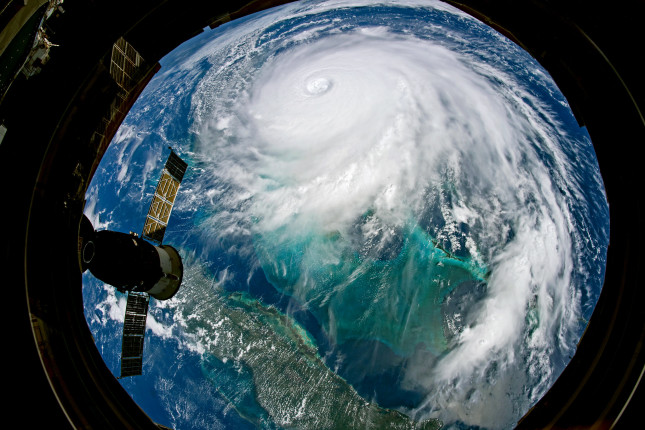
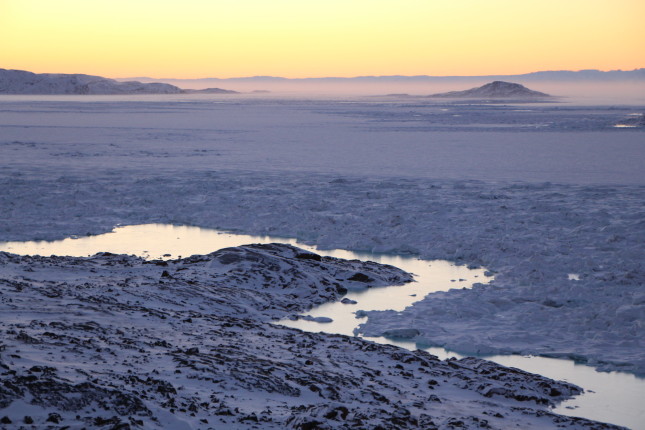
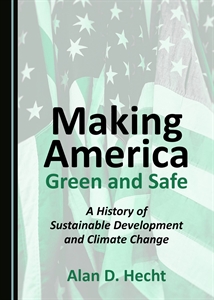 In his book, Making America Green and Safe: A History of Sustainable Development and Climate Change, Alan Hecht offers an insider’s account of the years that shaped sustainable development and climate change policy in the United States. The arc of Hecht’s career spans the evolution of the modern environmental movement. Serving for more than 40 years in the U.S. government, he devoted his career to environmental protection and sustainable development. The stories he tells reflect his belief that “history is a critical part of future planning.”
In his book, Making America Green and Safe: A History of Sustainable Development and Climate Change, Alan Hecht offers an insider’s account of the years that shaped sustainable development and climate change policy in the United States. The arc of Hecht’s career spans the evolution of the modern environmental movement. Serving for more than 40 years in the U.S. government, he devoted his career to environmental protection and sustainable development. The stories he tells reflect his belief that “history is a critical part of future planning.”